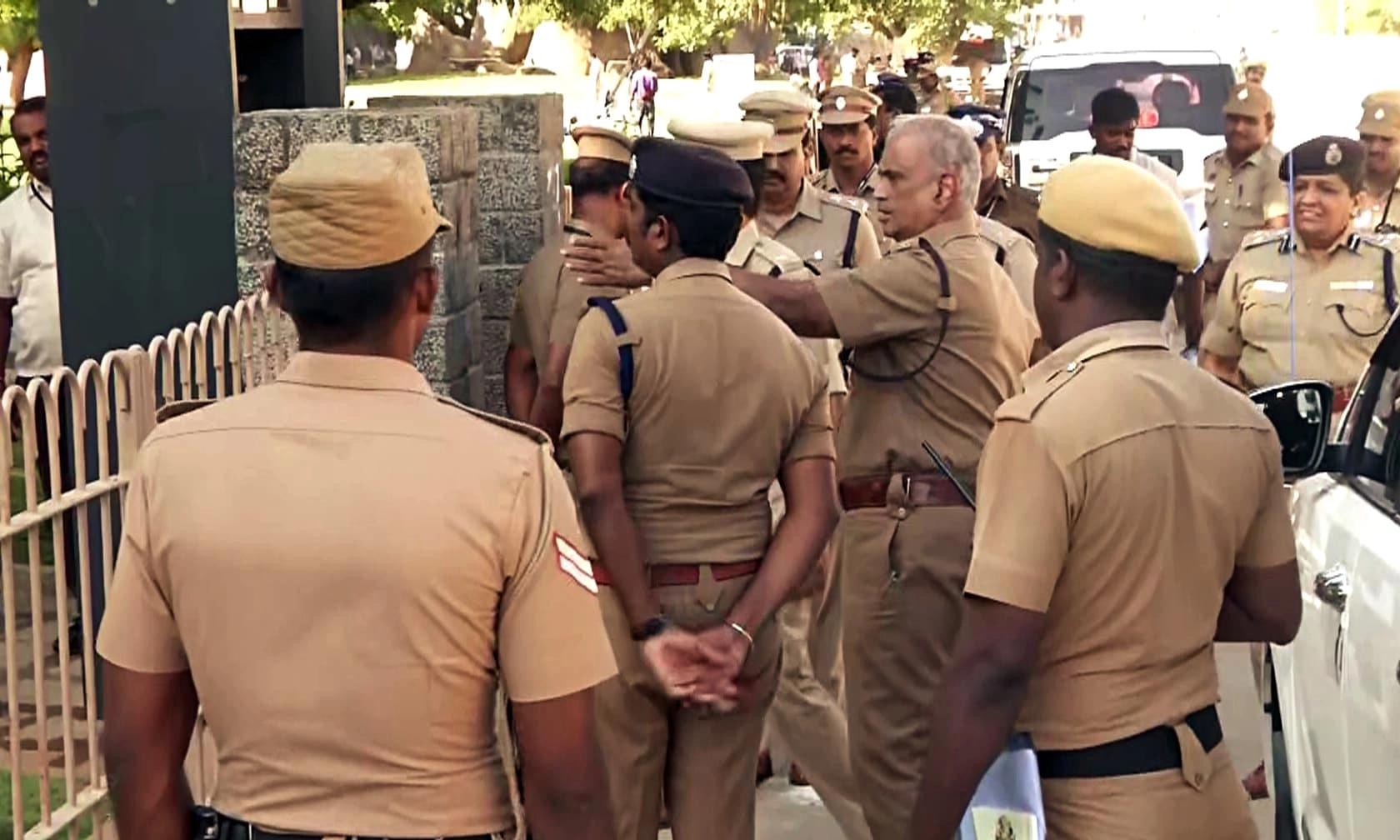The Jubilee Hills poll contest in Hyderabad has emerged as more than just a simple by-election; it represents a significant crossroads for political dynamics in the region. This electoral battle is not only about filling a vacant seat in the legislative assembly but also reflects the broader aspirations and challenges faced by the local populace. With a history of being a political stronghold, Jubilee Hills has become a focal point where various political parties vie for influence, making this by-election a critical test of their strategies and grassroots support.
The stakes in this contest are particularly high, as it has the potential to reshape the political landscape in Hyderabad. For the ruling party, a win in Jubilee Hills would affirm its dominance and popularity, reinforcing its governance narrative. Conversely, an unexpected victory for the opposition could signal a shift in voter sentiment, prompting a reevaluation of policies and strategies. This contest is emblematic of the increasing importance of local issues in the broader national political discourse, as candidates strive to connect with voters on pressing concerns such as infrastructure, education, and healthcare.
Moreover, the Jubilee Hills by-election is a microcosm of the evolving electoral trends in India. Voter engagement, especially among the youth, has become more pronounced, and candidates are leveraging social media and technology to mobilize support. The emphasis on local governance and accountability has compelled candidates to address the unique needs of Jubilee Hills residents, fostering a more participatory approach to politics. As a result, this contest could set a precedent for future elections, highlighting the need for political parties to stay attuned to the voices of the electorate.
Ultimately, the Jubilee Hills poll contest transcends its immediate electoral implications, serving as a barometer for political health in the region. It encapsulates the intricate interplay of local governance, party strategies, and voter priorities, making it a pivotal event in the ongoing narrative of Indian democracy. As the election approaches, all eyes will be on Jubilee Hills, where the outcomes may very well influence not only the immediate political landscape but also the broader trajectory of governance and public engagement in the years to come.




